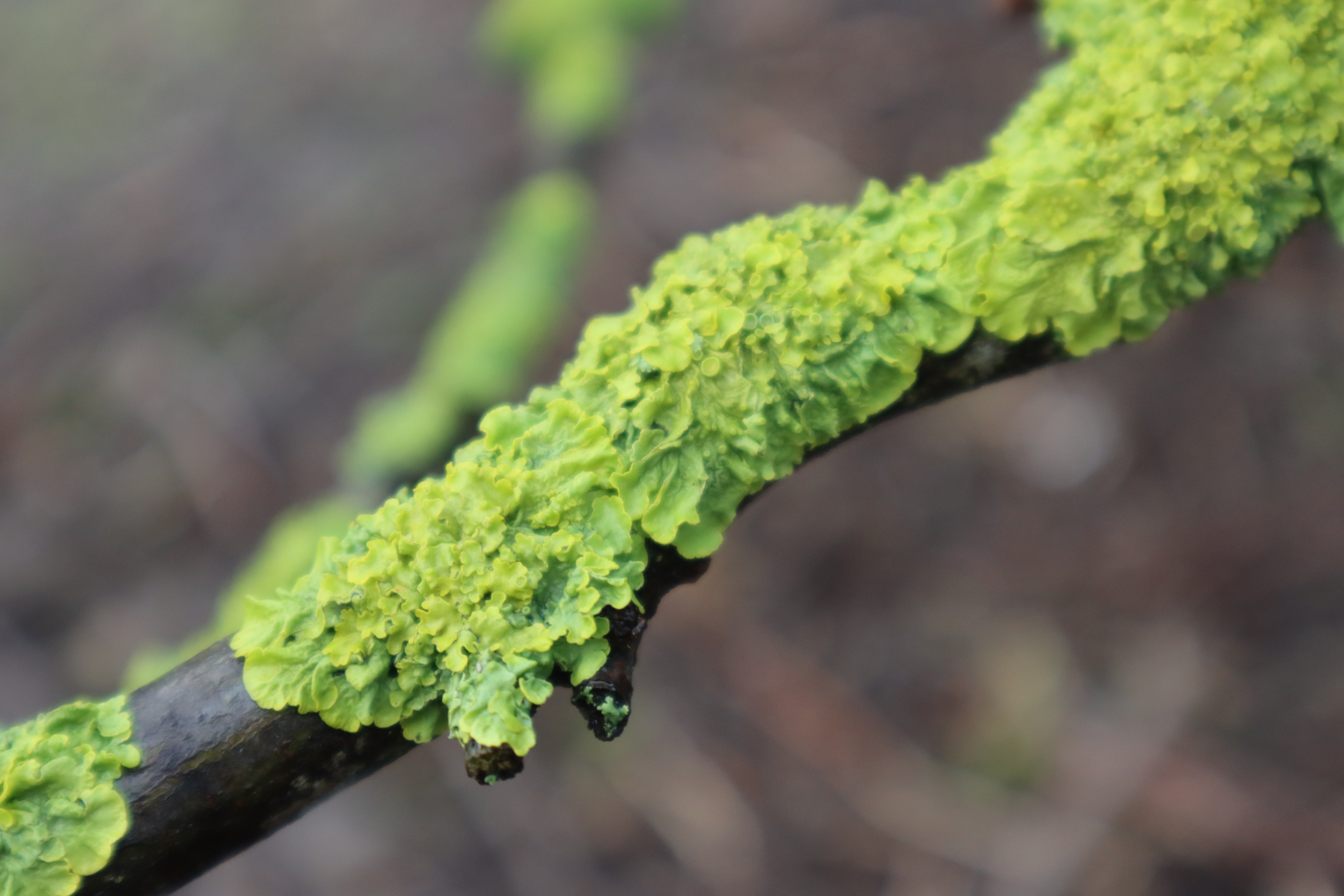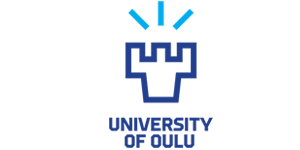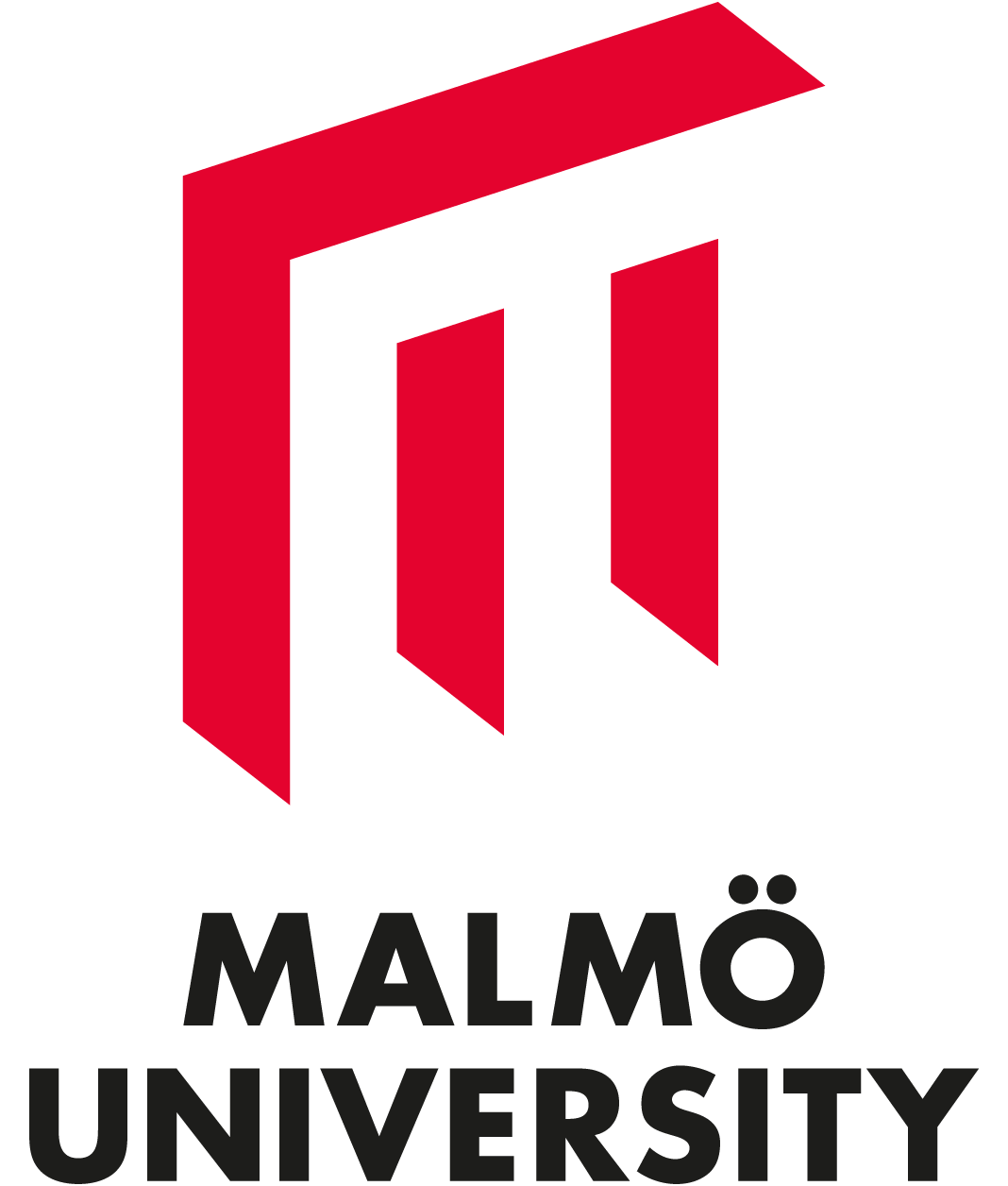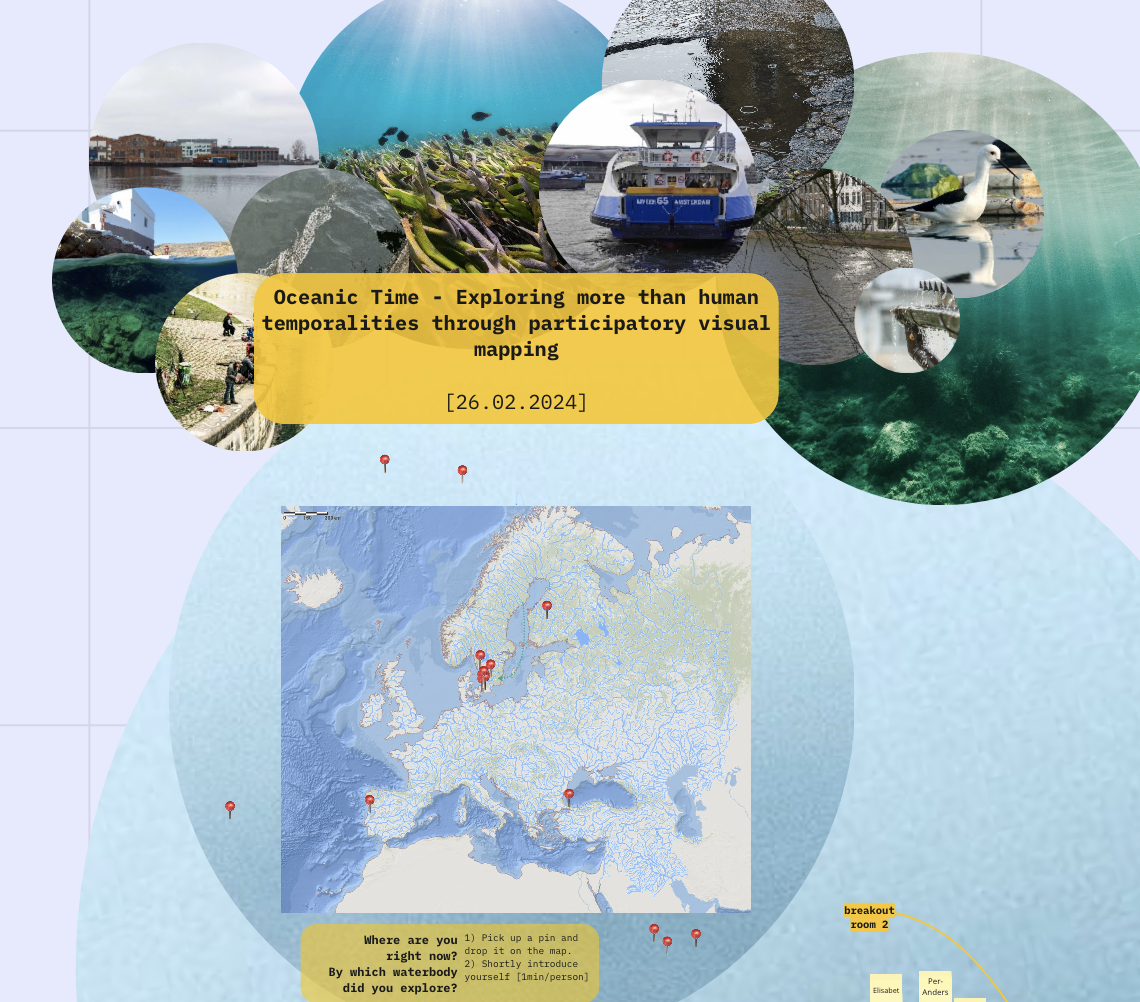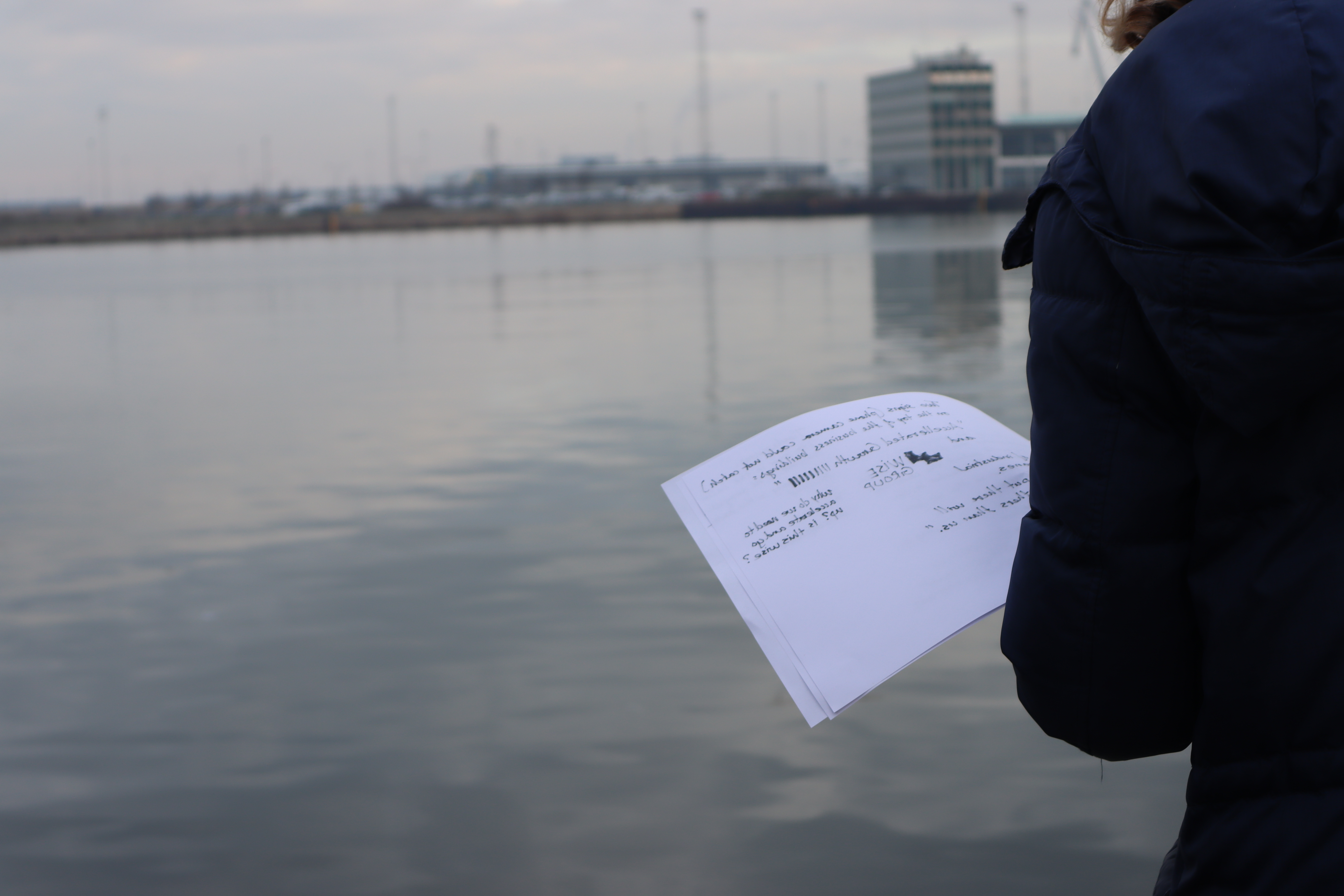The workshop was a collaboration between UNIC- Center for City Futures (Malmö, Koc and Oulu), Collaborative Future-Making, Malmö University, and the Service Design Lab at Aalborg University.
The UNIC website uses cookies to improve your experience. Read our full Cookie Policy here.




